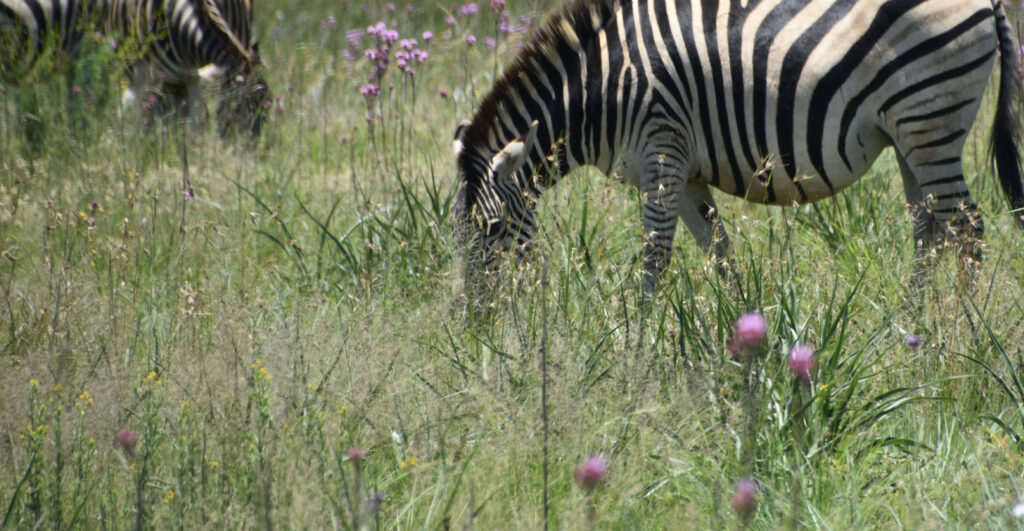
Center for Ecological Dynamics in a Novel Biosphere (ECONOVO)
Center leader:
Professor Jens-Christian Svenning
Period:
January 2023 - December 2028
Application round:
11th Round
Host institution(s)
Aarhus University
Grant:
59.998.000 DKK
Earth’s rich biosphere makes our planet a wonderful place to live, and humanity’s very survival depends on it. Mastering ecological stewardship to overcome the current global environmental crisis is therefore of utmost importance. A critical challenge is that we are facing unprecedented, poorly understood biosphere conditions, with CO2 levels and temperatures exceeding historical baselines and global mixing of species from far-flung regions.
A key outcome is the widespread emergence of novel ecosystems. Novel ecosystems (NEs) are natural and semi-natural ecosystems that due to human influence have species composition or ecological functioning without recent historical precedent. Key drivers are climate change, globalization, and extirpation of large-sized organisms, resulting in ecosystems deviating from anything seen for millions of years. The spread of NEs is likely to profoundly affect biosphere functioning, but how is poorly understood due to fragmented research, ecological complexity, and inadequate baselines.
Overcoming this crucial knowledge gap, Center for Ecological Dynamics in a Novel Biosphere (ECONOVO) will produce groundbreaking insights into how NEs impact global biodiversity and biosphere functioning with an integrative interdisciplinary approach that addresses past, present, and future NE dynamics and consequences. Our over-arching hypothesis is that the inevitable global rise of NEs can be directed towards overall positive effects on biodiversity and biosphere climate resilience.
To test this idea, ECONOVO will address the following specific hypotheses:
- H1: Local and landscape species richness dynamics in NEs are not uniformly negative and behave according to general biodiversity theory.
- H2: Restoration of ecological complexity enhances species diversity in NEs.
- H3: High ecological complexity and species diversity increase NE climate mitigation and its resilience.
- H4: The spread of NEs will generate biosphere-scale effects on species diversity and ecosystem functioning, which can be steered toward positive outcomes by restoring complexity.
Support for these hypotheses would have strong societal impact, as it would mean that actively enhancing ecological complexity in NEs should become a key element in humanity’s stewardship of the biosphere, maintaining a biodiverse and livable biosphere.
The ECONOVO center will be hosted at Department of Biology at Aarhus University and combine an interdisciplinary team of internationally leading and upcoming scientists with expertise in macroecology, field-based ecology, population genomics, and environmental archaeology to address its complex research agenda.
